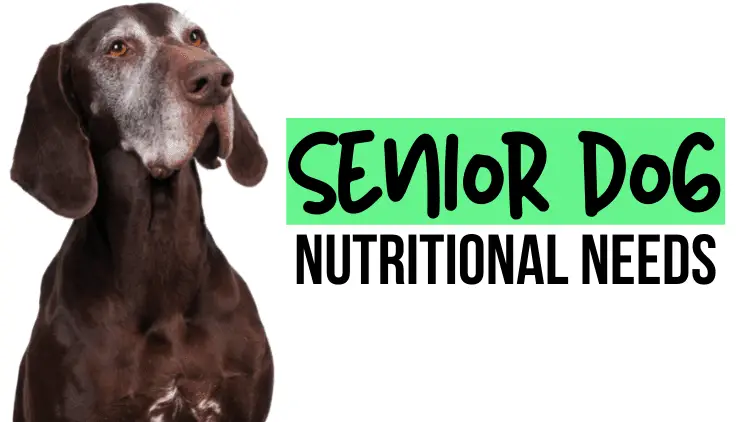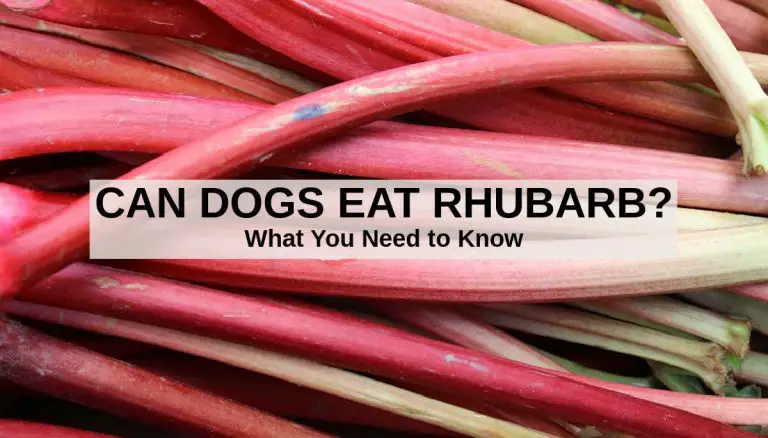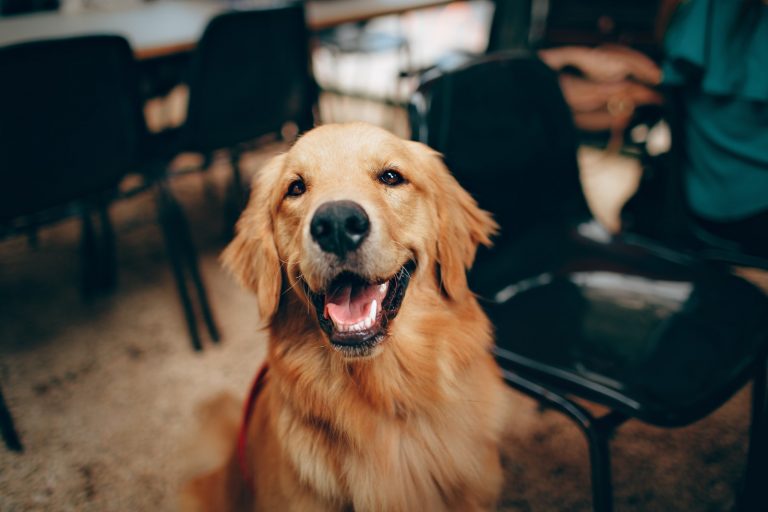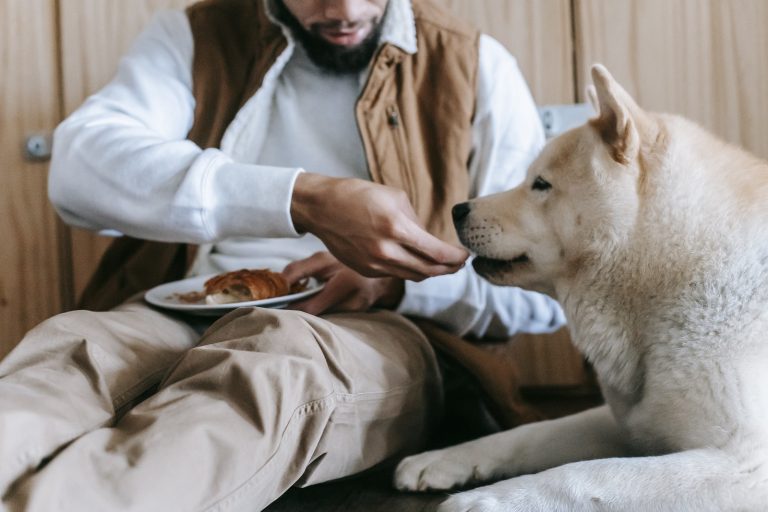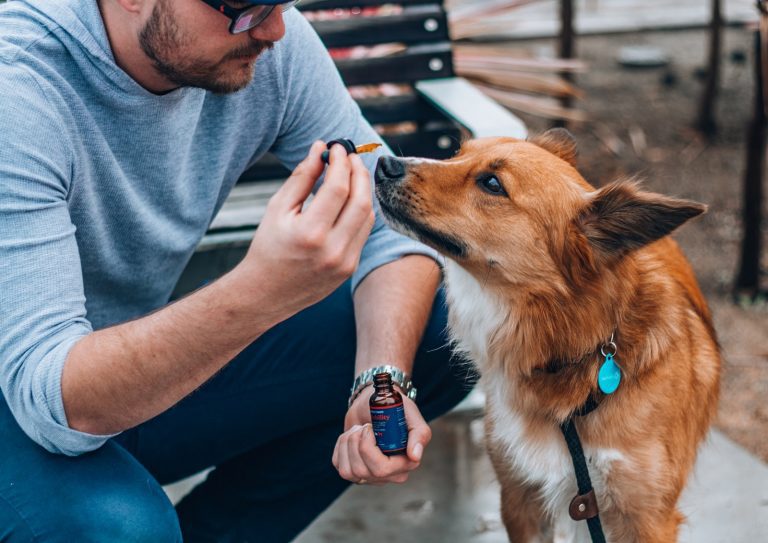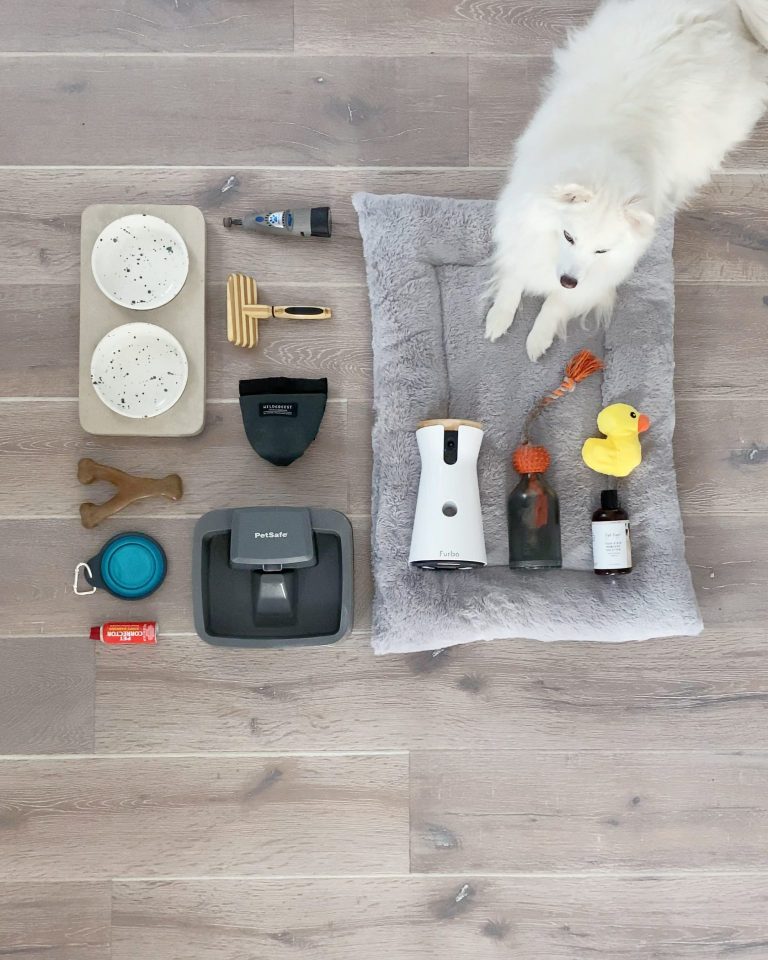Like humans, as pets get older they need different things. Each dog has its own set of nutritional needs and senior dogs are no exception. When the pet has reached their golden years, it can be even harder to understand their shifting dietary requirements. This can sometimes leave the owners of pets with a lot of questions. You may ask yourself is senior dog food necessary? Is there a food that is better for seniors? What happens when the dog refuses to eat that food?

When is a Dog a Senior?
As it turns out, there’s no generally accepted age when a dog is considered a senior. Each dog is different and each one requires its own food and exercise regimen. Large dogs tend to have a shorter life expectancy and can reach seniority before other dogs. A lot of dogs are still healthy when they reach the ages of six to nine.
Some signs of aging in dogs include when they start to have vision problems when they have lumps in their skin or other issues with it when they have lost or gained weight, and if they have bad breath, excessive drooling, and other dental symptoms. It is important to distinguish between aging and geriatric.
When vets talk about geriatric dogs, they are usually referring to those at the end of their life. Geriatric dogs show signs of memory loss, altered behavior, confusion, irritability, and other personality changes. They may have difficulty following their normal sleep patterns. They may have a loss of muscle. Some dogs experience increased urination, which could indicate kidney disease. Osteoarthritis and impaired mobility are other symptoms of old age.
You should always keep an eye out for symptoms like these, and remember to take them in for regular checkups. Most vets recommend two yearly visits for senior pets. The vet will do a thorough physical, with blood work, to help detect changes in organ function and internal issues. They can also make recommendations when it comes to senior dogs and nutrition. The vet will be able to evaluate which symptoms and signs may benefit from a change in diet.
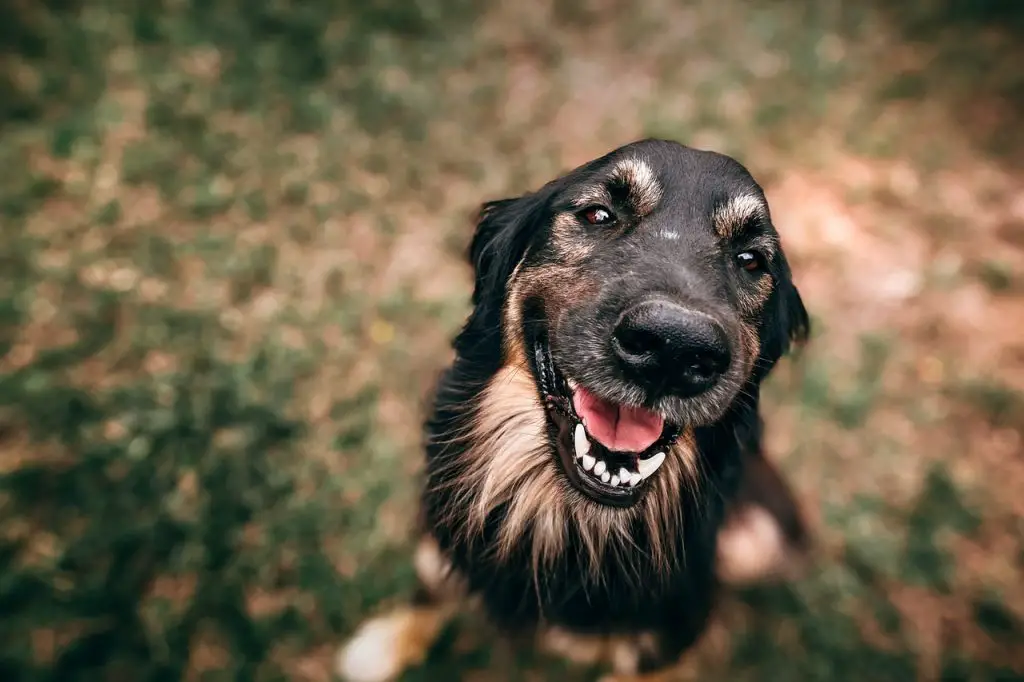
Regular Dog Food vs. Senior Dog Food
There is not necessarily a difference between senior dog food and regular adult food labeled “multi-stage” or “all life stages.” Some products are identical to others and are simply marketed differently. However, there are dietary factors that can help you manage the physical and medical changes your pet is experiencing as they age. Here are some of the ways that a senior pet diet can differ from a regular adult diet.
First, there are nutrient adjustments. There is higher digestibility, softer texture, and foods that are formulated to fight dental diseases. Some pet foods have added joint supplements and added MCTs. There can be added omega-3s and antioxidants as well. While some pets may not need a change in their nutritional composition, adjustments can benefit senior pets depending on a number of factors.
According to the specialists at the site MoneyPug, which is used widely in the UK to find pet insurance, some older dogs actually have trouble keeping on weight. If your pet is dropping pounds, you should talk to your vet about any possible underlying medical conditions that could affect their appetite, digestion, or calorie needs. When muscle mass is a problem, a diet high in proteins is necessary. If the pet is just too skinny, a vet may recommend a diet high in fats. But it is also possible for dogs to put on weight and in this case, a diet in reduced fat may be in order.
Fiber is another component of the diet that needs to be acknowledged. There are two categories of fiber. One is soluble, which serves bacteria to ferment, and insoluble adds bulk to the stool that bacteria can’t break down. Mixed fibers combine both and appear in some senior pet foods to help improve general gastrointestinal support. Some senior dogs have trouble with constipation. A diet higher in fiber may help them stay regulated. Just like fat content, each pet is different and requires its own specific amount of fiber.
Of course calorie density is a factor. With dogs, calories are complicated. You should always consult a vet about your animal. Finding the appropriate density depends on a lot, especially if your pet needs to lose or gain weight. Typically lower calorie content is good because older animals are less active than when they were younger.
Finally, digestibility is key. As dog’s age, their guts undergo changes. How those changes impact the way they digest the critical nutrients is still being studied. Some reports suggest that, despite the shift that happens in a dog’s intestines, colon, and bacterial microbiome over time, aging does not decrease a dog’s ability to digest nutrients. It is more likely that the senior dog is more susceptible to conditions related to digestion. These include food allergies, inflammatory bowel disease, pancreatitis, and colitis. These could require specific dietary changes.
Food for an aging animal is complicated, however, there are now specific pet manufacturers like Ollie who can customize meals using specific information about your dogs such as breed, age, and activity level.
Nevertheless, you should also talk to a vet to see what is best for your specific animal and breed. Some need soft-textured foods. Some need specific nutrients. Others need high calories, low calories, high fat, low fat, high fiber, or low fiber. We don’t always know everything about how animals age, but we know enough to do our best to feed them correctly.
Exercise
Whatever kind of food your aging pet needs, they should always be exercising as much as possible. While you don’t want to push your dog too much, you do want them to be fit in their golden years. Dogs need to stay active or they become sedentary, depressed, and lazy. Keeping active is important. You should always see to it that they are exercising enough, but not overdoing it for their bones, joints, and overall health. In tandem with a good diet, exercise can help your aging pet stay as healthy as possible.
There are a lot of ways to go about providing your dog with the most optimal nutritional regimen. Talking to your vet is important. When you know what is right for your specific pet and breed, you will have a better idea of how to move forward.

